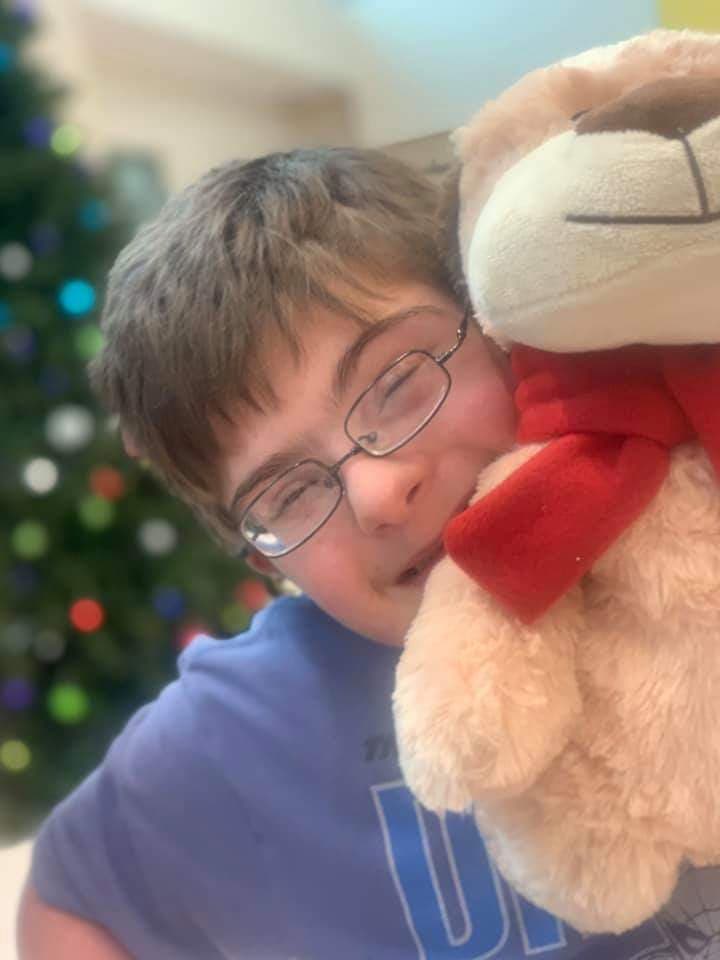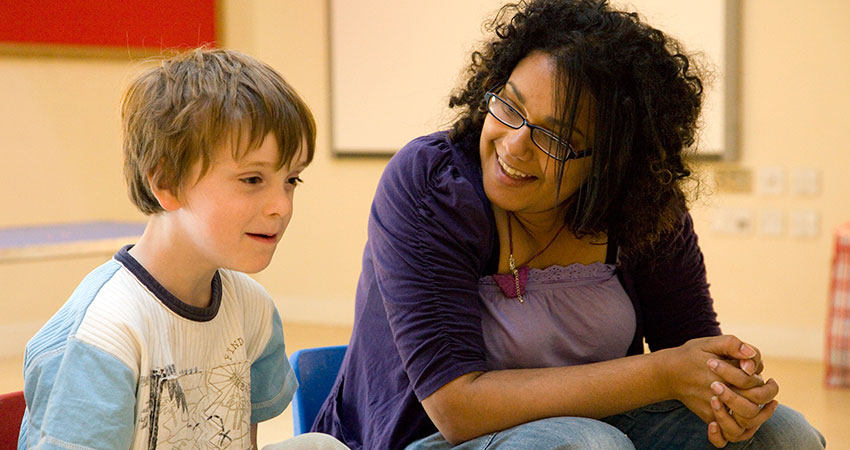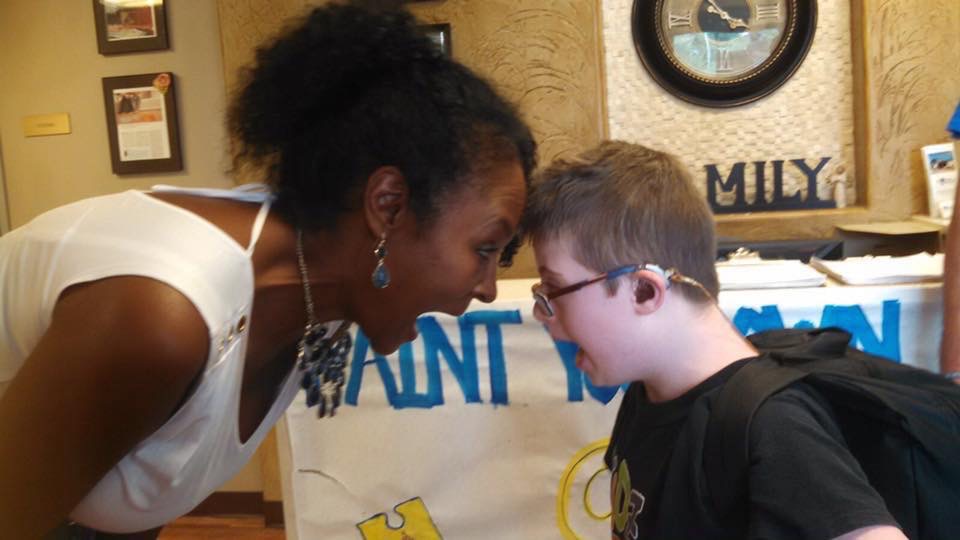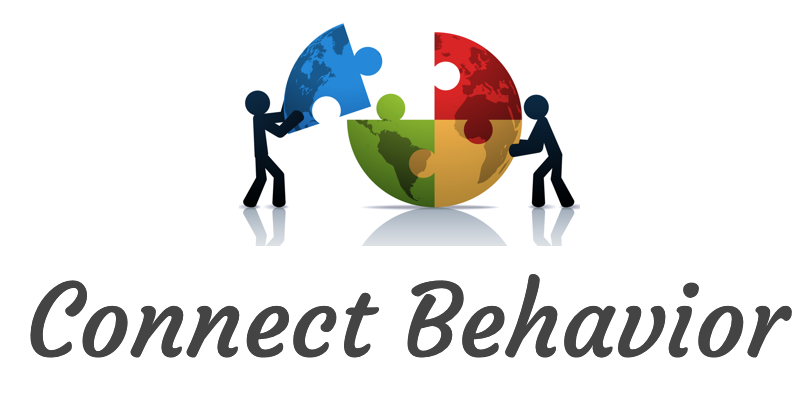Connect behavior specializes in working with children and adults with various developmental disorders. Our unique approach to providing interventions offers individuals with disabilities opportunities to learn, grow, and develop by helping their families as well as related service providers develop total communication environments conducive to learning. Order, predictability, and routine are the pillars of structured environments that offer individuals with disabilities and their families opportunities to enhance critical skills across diverse areas of growth and development. Connect behavior incorporates community-based instruction training and interventions designed to help facilitate generalization of newly acquired skills.
Connect behavior offers specialized training designed to help children with special needs better adapt to our society; without specialized intervention and training, our society is often too complex and confusing for our children to function independent.
Connect behavior offers a unique approach consisting of a wide array of highly individualized, focused behavior management, social, and overall skills development to allow children with special needs narrow areas in need of remediation. Connect behavior strives to deliver intensive individualized training that targets children’s strengths as catalyst to create change.

OUR PRIORITY
Connect Behavior is committed to providing meaningful, focused, intensive interventions to help children with autism acquire higher level independence skills in areas such as self-care, social, academic, and behavior skills just to name a few. Our priority is helping Children with Autism Spectrum Disorder and other developmental disorders such as, Down syndrome, Cognitive/Intellectual disabilities, Communication Disorders, Global Developmental Delays, Attention Deficit/Hyperactivity Disorder (ADHD/ADD), Conduct Disorders, Disorder of Written Expression,Disruptive Mood, Dysregulation Disorder, Encopresis, Enuresis, and academic deficits and other developmental disorders learn the skills that are so necessary to help them become independent. We integrate a unique approach to behavior intervention using children’s Zones of Proximal Development and unique focused interventions to help them succeed across environments helping children bridge their deficits in communication, social, behavior, academic, and overall independence skills. We believe that catering to children’s sensory needs is a critical component that facilitates learning by helping to target their unique learning style, while teaching self-modulating behavior techniques.OUR PHILOSOPHY
Every child is a unique individual who deserves a safe, secure, stimulating, and nurturing environment in which they can grow and mature emotionally, socially, intellectually, and physically. Connect behavior specialized in providing skills training for parents, educators, and children with special needs.
We at Connect Behavior believe that no single therapy or training technique can meet the needs of all children. As a result, we carefully evaluate each child and each situation to determine which strategy or intervention best fit their learning modes focusing on sensory integration principles to facilitate learning of new skills. Connect Behavior uses a battery of techniques to yield the very best results for children, their families, and their school environments.
Connect Behavior also believe that parents and guardians play a critical role in maximizing the degree and rate of progress in their children’s social, academic, and behavioral development. This result can be achieved by parents working closely with educators, therapists, and related service providers to create a learning bridge to reinforce techniques in both their children’s’ home and community related environments that are learned in the classroom environment. Connect Behavior believes that we as a community must work together to create collaborative models of interventions to help our children grow socially, emotionally, and behaviorally.



